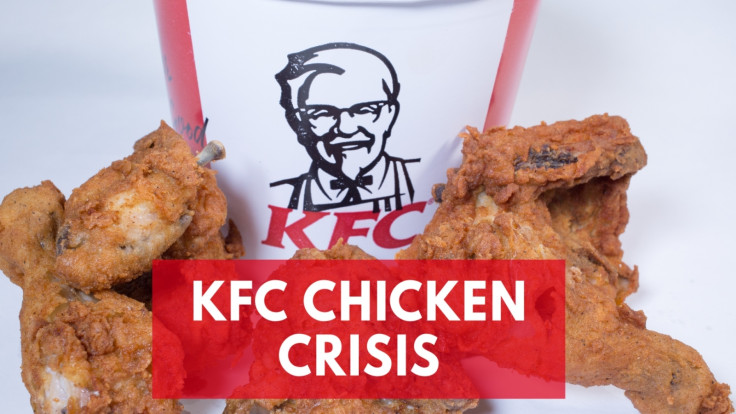KFC to run restaurant trials of 3D-printed chicken nuggets this fall
A Moscow based company tapped to produce 3D-printed chicken in global bid to provide ethically-sourced meat.
KFC has announced its first trial run in serving 3D-printed chicken nuggets this fall. The fast food giant has tapped a Russian research laboratory to provide its customers with an innovative solution to ethically-sourced meat using "animal flesh cells."
Although the product still uses some form of chicken flesh, the bioprinting technology combines chicken cells with plant material to reproduce the same texture and signature taste of KFC chicken meat. With the growing demand for sustainability and ethical sourcing of food, the company hopes to turn this into the "meat of the future" with just a fraction of its environmental cost.
The nuggets are chicken cells that have been lab cultured from a small sample of chicken flesh where cells are multiplied to turn into a paste. A 3D printing machine then turns the paste into cubes which gets seasoned, processed and delivered to its chains.
This comes in line with its successful test run campaign last July 20, for its plant-based chicken aptly called Beyond Fried Chicken. It was born from a partnership with Beyond Meats, an LA-based producer of plant-based meat substitutes. The product was made available in over 50 restaurants in Southern California as a trial run for west coast consumers and served in 6-piece, and 12-piece packs as well as in combo meals.
Because nuggets are an entirely different chicken fix, KFC is pushing the boundaries by tapping Moscow based 3D Bioprinting Solutions to create these cell-based nuggets. The bioprinting company will be provided by KFC with the required ingredients for chicken nuggets such as its secret blend of herbs and spices for its breading to replicate its distinct KFC taste and texture. This will be the world's first lab grown meat, which the company aims to pave the way for a new cell-based generation of the meat industry.
As much as cell-based meat is more environmentally friendly to produce than the real thing, unfortunately, this engineered meat substitute is still not suitable for vegetarians and vegans because it still contains chicken cells.
The production of this biomeat does not require the traditional farming techniques and methods and does not cause any pain in animals. It leaves a lower carbon footprint and provides the consumer with a "cleaner" substitute that tastes just the same as the real deal.

© Copyright IBTimes 2025. All rights reserved.





















